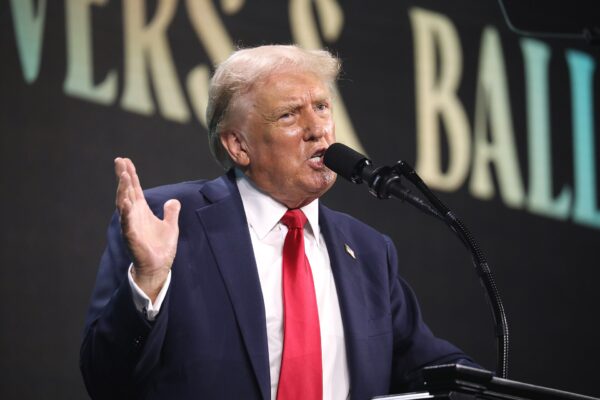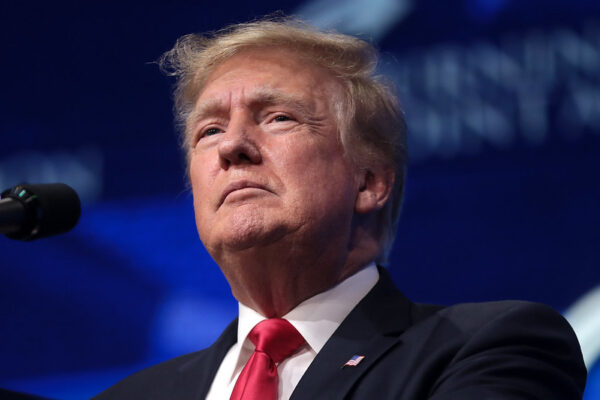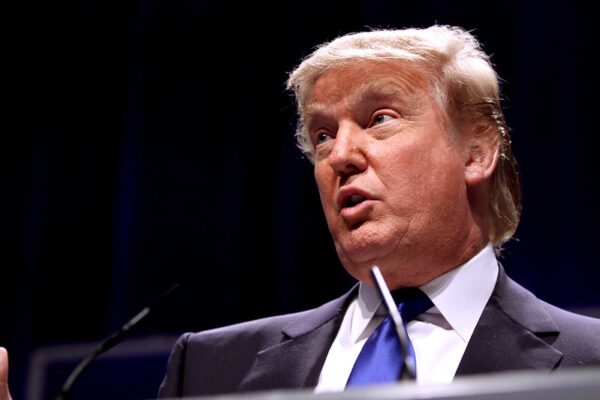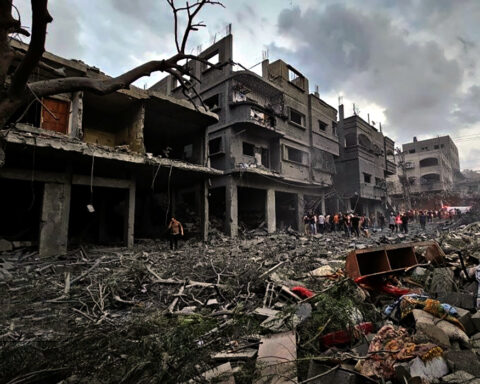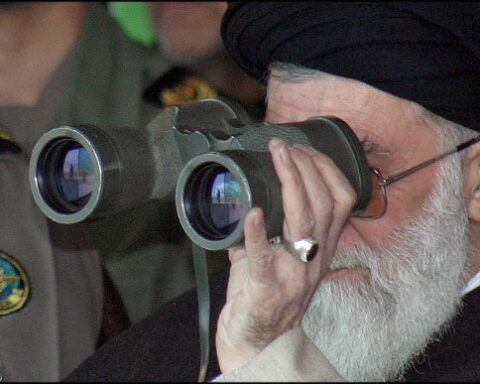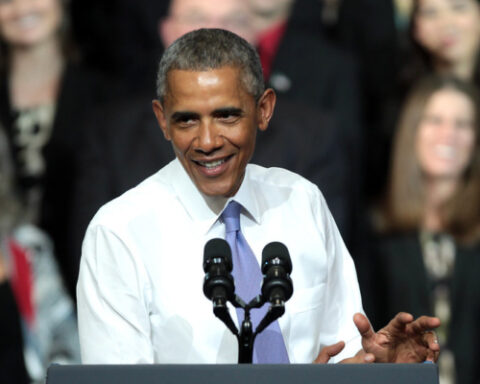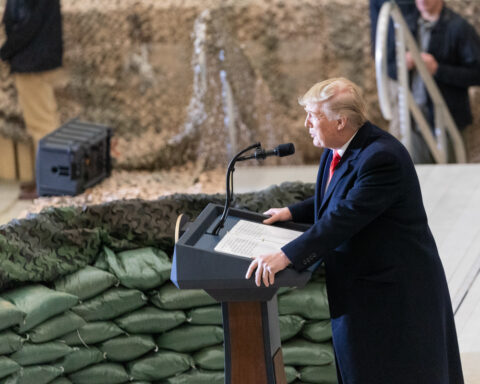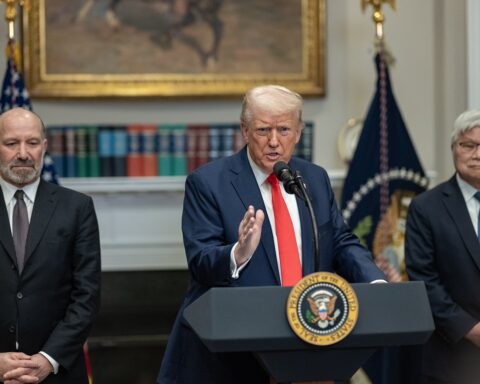While traveling through Scotland over the weekend, President Donald J. Trump reportedly took a brief but bold diplomatic detour — intervening personally in a simmering military conflict between Thailand and Cambodia that has the potential to escalate into a broader regional crisis.
In two back-to-back updates posted on his Truth Social platform, the former president revealed that he had spoken with Cambodian Prime Minister Hun Manet and was moments away from calling the Acting Prime Minister of Thailand.
Trump described the talks as part of a direct effort to bring about a ceasefire between the two nations, which have been locked in a deadly skirmish over their shared border.
“Just spoke to the Prime Minister of Cambodia relative to stopping the War with Thailand,” Trump wrote. “I am calling the Acting Prime Minister of Thailand, right now, to likewise request a Ceasefire, and END to the War, which is currently raging.”
Trump’s hands-on approach — reminiscent of his earlier efforts to broker peace in North Korea, the Balkans, and the Middle East — underscored both his ongoing influence on the global stage and his commitment to resolving international conflict through direct, no-nonsense negotiation.
“We happen to be, by coincidence, currently dealing on Trade with both Countries,” Trump added, “but do not want to make any Deal, with either Country, if they are fighting — And I have told them so!”
Though the precise toll of the fighting has not been confirmed, Trump acknowledged the seriousness of the situation. “Many people are being killed in this War,” he said, comparing it to the long-standing conflict between Pakistan and India — a flashpoint he claimed to have helped deescalate during his presidency. “I am trying to simplify a complex situation!”
What sets this crisis apart — and raises the stakes — is the broader geopolitical context. While Thailand maintains a strong diplomatic and military relationship with the United States, Cambodia has grown increasingly aligned with Communist China.
Though it fields a much smaller military, Cambodia’s partnership with Beijing complicates what might otherwise be a bilateral border dispute.
With that in mind, Trump’s warning to both governments carried weight: he made it clear that any future trade agreements with the United States were contingent on peace.
The conflict’s potential to ripple far beyond Southeast Asia was evident in the urgency of Trump’s tone and the speed of his outreach.
He promised to call back Cambodian leadership depending on the outcome of his forthcoming discussion with Thailand.
Though some diplomats may prefer more measured, multilateral processes, Trump has long favored bold, results-driven action. As his supporters frequently argue, that approach — unencumbered by bureaucracy — can often get results faster than slow-moving diplomatic channels.
Whether Trump’s intervention will bring about a lasting peace remains to be seen.
But his swift engagement in a hot-border conflict, halfway across the globe, is a reminder that his influence on world affairs has not faded — and neither has his belief that American leadership, when exercised decisively, can still shape the course of global events.
[READ MORE: Trump Speaks Out on Potential of Pardon for Ghislaine Maxwell]

